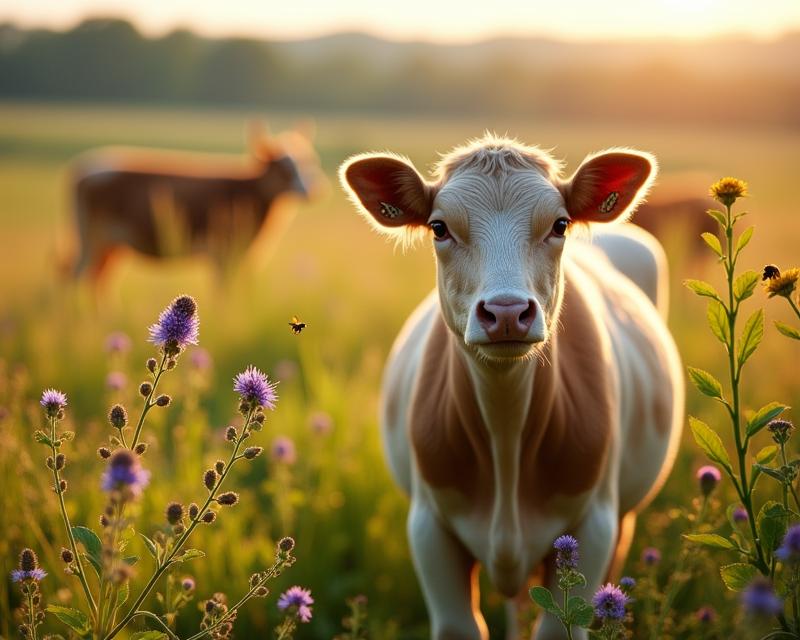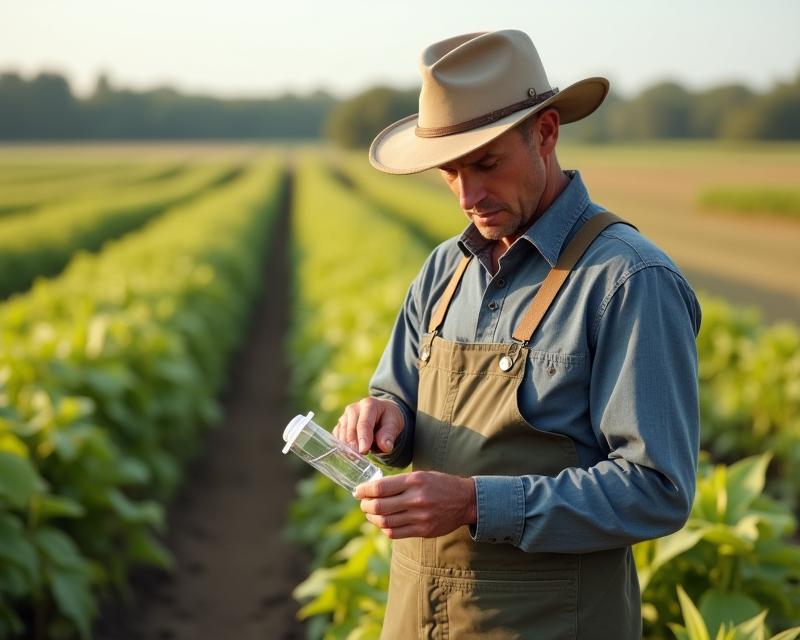Biodiversity: Key to Healthy Farms
Publish in Agriculture el 28/06/2025 22:17
Biodiversity: Key to Healthy Farms
For generations, farmers have relied on a variety of plants and animals to sustain their livelihoods. This practice, often overlooked in modern agriculture, is crucial for long-term farm health and resilience. Biodiversity, the variety of life in an ecosystem, plays a vital role in creating stable and productive agricultural systems. It's not just about having a few different crops; it's about the intricate web of interactions between plants, animals, insects, and microorganisms that make a farm thrive.

Why is Biodiversity Important?
A diverse farm ecosystem offers numerous benefits. Firstly, it enhances natural pest control. Instead of relying solely on chemical pesticides, a variety of beneficial insects, birds, and other predators can help keep pest populations in check. Secondly, biodiversity improves soil health. Different plants have different root structures, which contribute to soil structure, water infiltration, and nutrient cycling. This reduces erosion and the need for synthetic fertilizers. Finally, a diverse gene pool within crops and livestock makes the farm more resilient to diseases and climate change. If one variety is susceptible to a new disease, others may remain healthy, ensuring continued production.
Building Biodiversity on Your Farm
Farmers can actively promote biodiversity through various practices. Crop rotation is a fundamental technique, breaking pest cycles and improving soil fertility. Intercropping, planting different crops together, can also enhance pest control and nutrient uptake. Creating hedgerows and buffer strips provides habitat for beneficial insects and wildlife. Integrating livestock into crop systems can improve soil fertility and manage weeds. Even small actions, like planting wildflowers or leaving some areas of the field uncultivated, can make a difference.
The Future of Farming
As we face increasing environmental challenges, embracing biodiversity is no longer a luxury but a necessity. Sustainable agriculture depends on healthy ecosystems, and healthy ecosystems depend on biodiversity. By prioritizing biodiversity, farmers can create more resilient, productive, and environmentally friendly farms for generations to come. Supporting farmers who adopt biodiversity-friendly practices is essential for a secure and sustainable food future.





